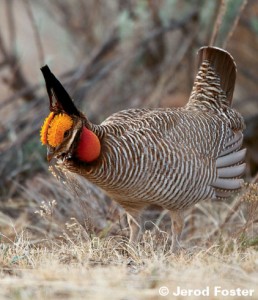Donations needed for disabled veterans’ hunting and fishing licenses
Our disabled veterans made enormous sacrifices ensuring our freedom and way of life. As a small token of our appreciation, the Kansas Legislature annually appropriates funding to provide them free hunting and fishing licenses. Any Kansas resident who is a military veteran with at least 30 percent disability qualifies, and they must apply each year for the licenses. However, as interest in the program has grown, the number of applications has increased annually and appropriated funds have been exhausted the last two years. Funding appropriated for Fiscal Year 2016 ran out in February.
To supplement funding for the veterans’ licenses, The Kansas Department of Wildlife, Parks and Tourism (KDWPT) established a donation fund, allowing anyone purchasing a hunting or fishing license online to check a box and donate. And the department has a WildTrust account that accepts donations for these licenses, as well. Unfortunately, both of those sources have been spent, and there are still more than 200 applications waiting to be filled.
But you can help by checking the box when you buy a license online at www.ksoutdoors.com or calling 620-672-5911 and asking for the WildTrust coordinator to learn more. Donations, designated for the Disabled Veterans License Account can be sent to KDWPT, c/o WildTrust, 512 SE 25th Ave., Pratt, KS 67124. Learn more about WildTrust at ksoutdoors.com/KDWPT-Info/Donate/WildTrust

